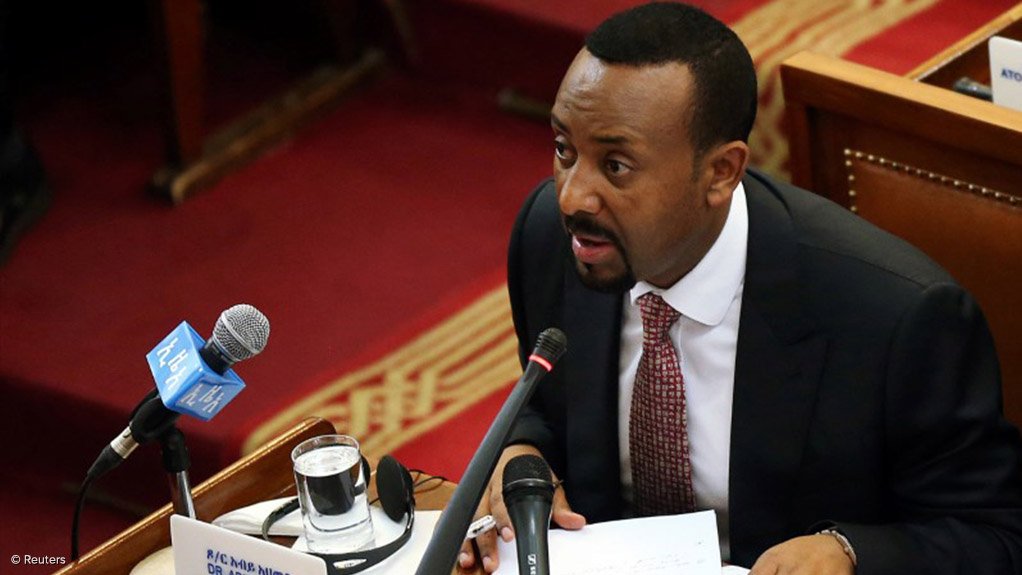African leaders aim to offer a global model for tackling the climate crisis through green investments, they said on Monday, after the United States' withdrawal from the Paris climate agreement deflated the fight against climate change.
The continent, which has been buffeted by landslides, floods and droughts this year, is holding its second climate summit in Ethiopia, seeking a common voice ahead of global climate talks in Brazil, COP30.
"We are not here to negotiate our survival. We are here to design the world's next climate economy," Ethiopian Prime Minister Abiy Ahmed told the opening ceremony.
Leaders have been positioning the 54-nation continent as ripe for investments in carbon capture, renewable energy, critical minerals for green technology and food production to keep development on track amid the climate crisis.
"If we make the right choices now, Africa can be the first continent to industrialise without destroying its ecosystems," said Abiy, who wants his country to host COP32 in 2027.
He called for a new Africa climate innovation initiative, funded by the continent, bringing together African universities, research institutions, startups, rural communities and inventors to deliver 1 000 solutions to tackle climate challenges by 2030.
Leaders sought more financing at the inaugural summit in Nairobi two years ago to help governments to tackle climate challenges amid fiscal constraints and heavy debt burdens, but the continent is still badly short of funding, receiving just 1% of the annual global climate financing, officials say.
African countries, which are among the most vulnerable to the adverse effects of manmade global warming despite being among those least responsible for it, have long demanded that COP meetings yield more funds to help them adapt and launch clean energy projects.
"Climate finance must be fair, significant and predictable," said Mahamoud Ali Youssouf, chair of the African Union Commission.
"The vulnerability of our member countries, caused by climate change, debt burden and the structural inequalities of the international financial architecture, must be redressed through climate justice."
Leaders also expressed concerns about the potential damage from a fraying of the multilateral approach to tackling climate change.
US President Donald Trump's administration pulled out of the landmark Paris agreement on climate change for the second time earlier this year and has also withdrawn from clean energy partnerships with countries such as South Africa.
"Too often, commitments are broken and international solidarity is dismissed as weakness precisely when the scale of the climate crisis demands enhanced cooperation, not less," said Kenyan President William Ruto.
EMAIL THIS ARTICLE SAVE THIS ARTICLE FEEDBACK
To subscribe email subscriptions@creamermedia.co.za or click here
To advertise email advertising@creamermedia.co.za or click here











